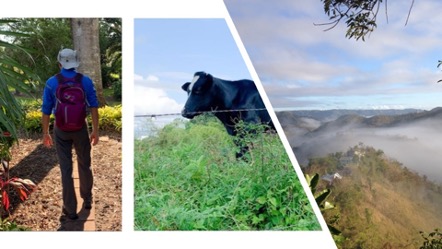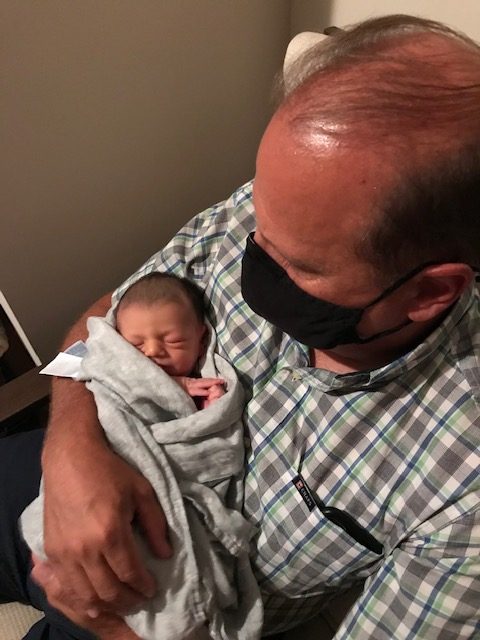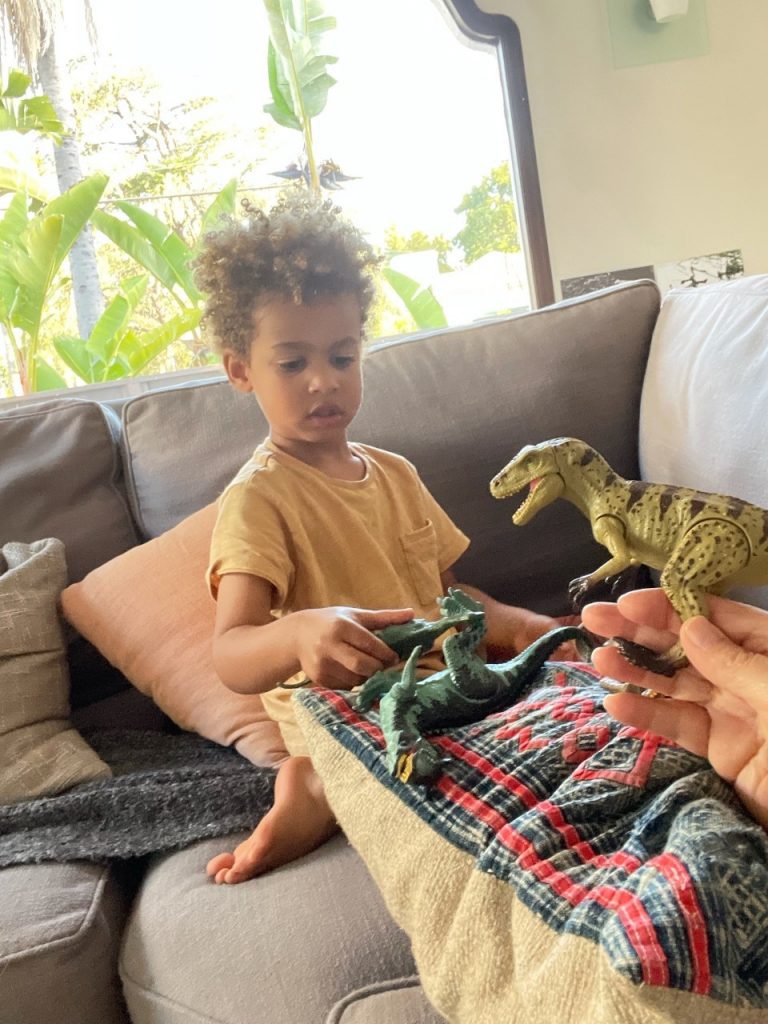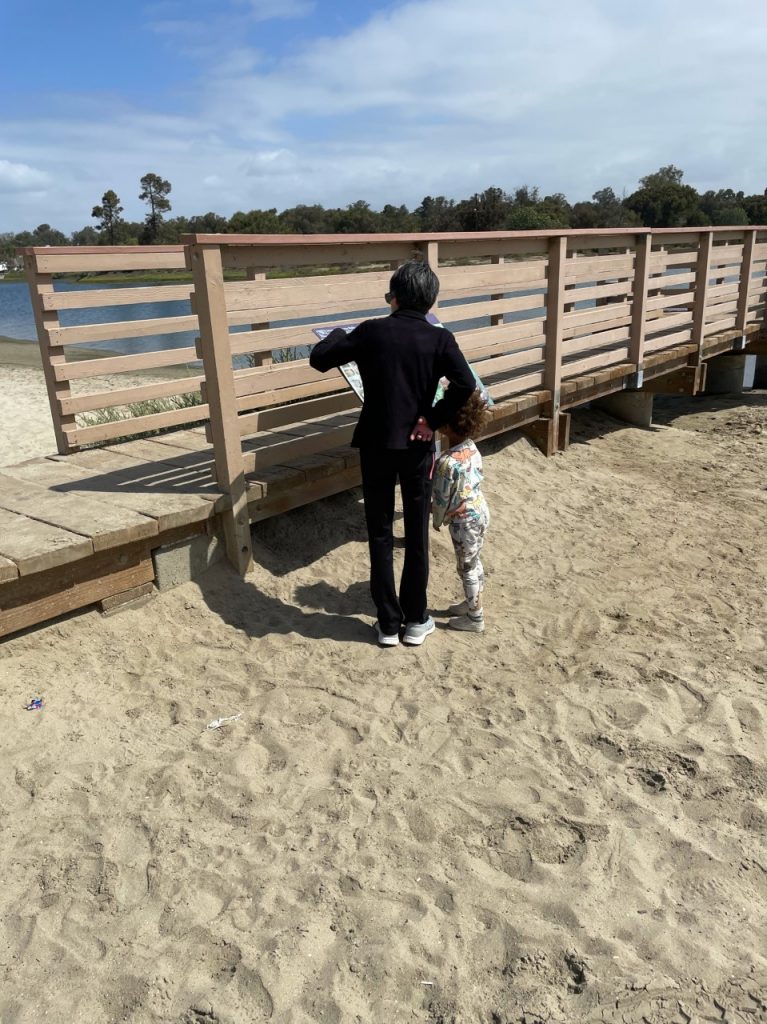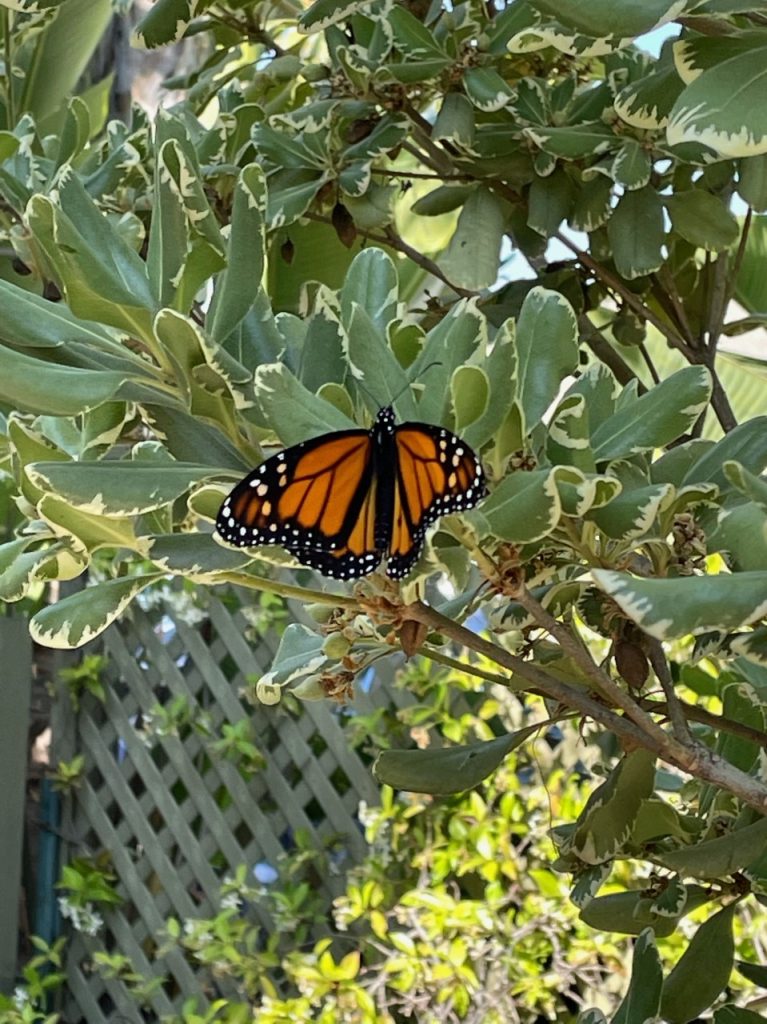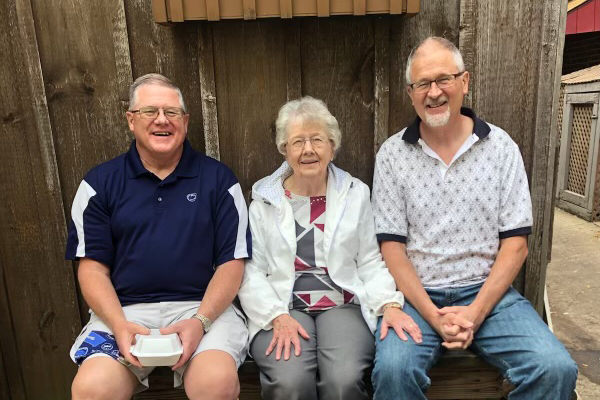Recently I heard a woman say that she was glad that she was fearfully and wonderfully made. What does it mean to be fearfully and wonderfully made and what does that mean to you?

I wasn’t sure, so I looked up “fearfully.” It means full of fear, in an anxious manner, apprehensively, dreadfully, and extremely. How does that relate to being fearfully made? How does one behave knowing that they are fearfully made?
We were not just made full of fear; we were made so amazingly that we come to revere the one who made us. It is not that we are fearful at all, because God says that he did not give us the spirit of fear (2 Timothy 1:7).
But it says that we are made so well that we have a reverent fear of our creator. Our Father does not want us to have a timid or cowardly fear of Him or anyone else. God wants us to know that we were made so well that it is difficult to comprehend.
When I ponder this word, it stirs up a feeling of being in awe … you know how when something is so beautiful it is hard to keep looking at it? Or when something tastes so good that your senses feel like they are exploding? That is the fearfully made part. That is the, “Oh my, look what God did in me, for me, for His Glory” part. That is the, “Oh, thank you Jesus for what you did for them and for you and for us.”
We are all fearfully made. So now, can we bear to look at wonderfully? Can you imagine just thinking about yourself and your issues, your drama, and your thoughts being wonderfully made too? Oh, taste and see that the Lord is good (Psalm 34:8) and that our Lord made us very good (Genesis 1:31).
“Wonderfully” means full of wonder, in a way that inspires delight or admiration, extremely well. I can barely stand it! I am so humbled by the thought that God chose to give that to us, you, even me. I think of the word wonderfully and think “amazement”!

We are fearfully and wonderfully made. Putting those two words together and thinking about this human form on earth gives me hope. When we live in the fear of the Lord and the wonderment of how God created us, it gives us faith. We become unstoppable with God!
What joy if we really believed that and lived it and believed it about everyone else! What kind of world changers could we be? What if we believed that the entire human race is fearfully and wonderfully made, even if they don’t look like you or me, even if they/we limp or stutter, even if our bank accounts are not the same, even if we don’t speak the same language?
What if we believed that ALL of us are fearfully and wonderfully made, even those of us who don’t even know it yet? How might that change the world?





